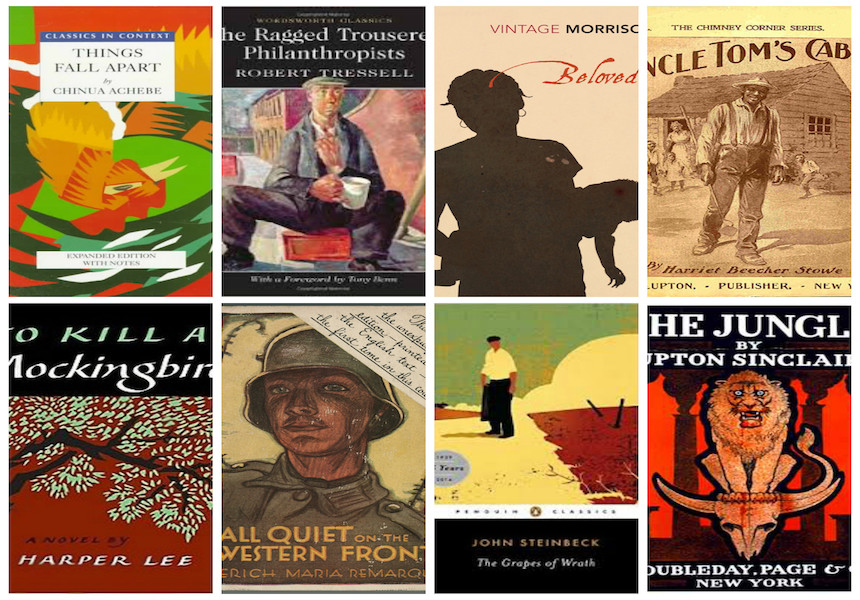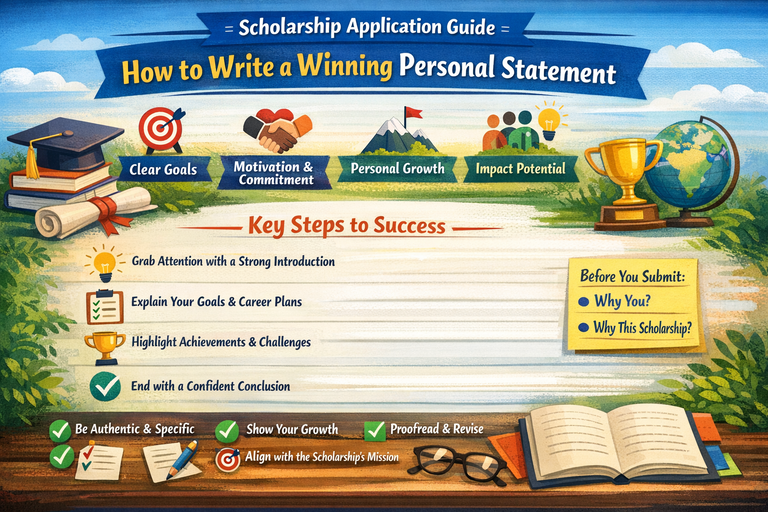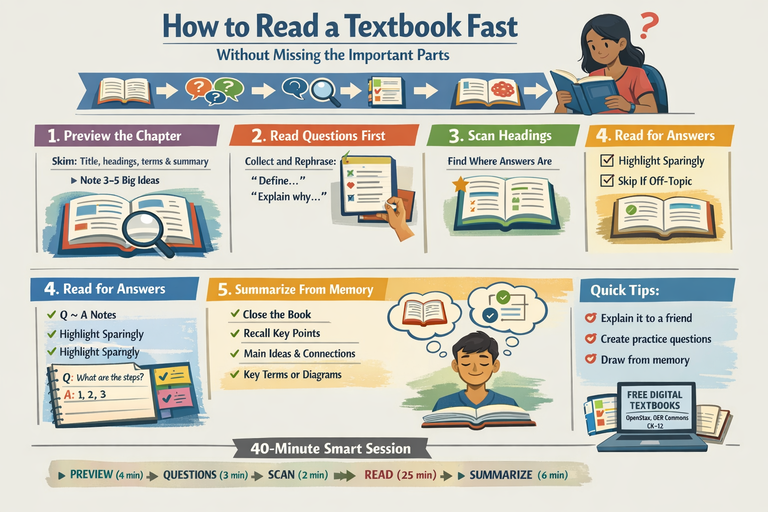18 Books That Changed The World | You Must Read At Least One!
Ever read the books that changed the mind of Presidents?
Books have been one of humans' most important forms of entertainment for many centuries. Readers worldwide spend countless hours immersed in new and unique worlds, lost in the words and pages of books of various genres. While all books have different effects on readers, history has shown that some books can reach and impact large groups of people in such a way that they are forever changed.
These books can help people share their knowledge, inspiration, and discoveries in various fields. They educate, influence, and change the way we think. Sometimes these books are so important and enlightening that they aid in the evolution of the world and its people. The books listed below have done just that.
These are the top 18 books that changed the world by educating and informing readers about politics and government, setting new literary standards, challenging societal norms, and advancing academic thought in the fields of science and religion.
Murasaki Shikibu's "The Tale of Genji."
The Tale of Genji, written in the early 11th century, is widely regarded as the first novel. While there is no plot, the story contains many elements of a modern novel, such as the main character, a supporting cast, and characterization. Although the translation of this novel has proven difficult over time, many still regard it as the first and greatest work of Japanese literature.
Harriet Beecher Stowe's "Uncle Tom's Cabin"
"So you're the little lady who penned the book that sparked this great war?" This is reportedly how Abraham Lincoln greeted Harriet Beecher Stowe in 1862, a decade after she wrote Uncle Tom's Cabin, the second best-selling book of the nineteenth century after the Bible.
The story of Uncle Tom, an enslaved African-American, brought slavery's horrors to the public's attention on a personal level for the first time, causing an uproar.
The novel aided the abolitionist cause in the north heightened tensions with southern slaveholders, and, as Lincoln suggested, may have even pushed the country into civil war.
Chinua Achebe's "Things Fall Apart"
Chinua Achebe's novel, perhaps his best-known, describes a tribal society disintegrating due to the arrival of Christian missionaries.
Written in 1958, the novel has sold over 10 million copies worldwide and translated into over 50 languages. It is still widely read and studied as an example of colonialism's impact on African culture and identity.
Karl Marx and Friedrich Engels' "Communist Manifesto"
The Communist Manifesto, one of the most recognized and popular political texts ever written, details and traces the origins of class conflict in society. The document emphasizes the issues with capitalism and capitalist production and how these structures affect the political and societal landscape.
Herman Melville's "Moby Dick."
This now-famous novel about a man's hunt for the great whale is widely regarded as one of the best American novels ever written. Moby Dick is known for his detailed depictions of the nineteenth-century whaling industry and his many different narrative styles and structures.
Thomas Paine's "The Rights of Man."
The Rights of Man contends that political revolution is acceptable and permissible when a government fails to protect its citizens' natural rights. Paine's 1791 book, written as a defense of the French Revolution, was widely circulated and challenged all societal institutions that did not benefit the nation.
Upton Sinclair's "The Jungle"
Upton Sinclair's 1906 novel depicts the harsh working conditions, extreme poverty, and exploitation endured by mostly immigrant laborers in Chicago's meat-packing industry.
Although the book was written to highlight the plight of the working poor and the deep corruption of those in positions of power, it also sparked a public outcry about food hygiene. "I aimed for the public's heart, and by accident, I hit it in the stomach," Sinclair famously complained.
Nonetheless, it is widely regarded as one of the twentieth century's most politically influential American novels.
After reading The Jungle, President Theodore Roosevelt ordered an investigation into Chicago's meatpacking industry. Within a year, the Meat Inspection Act and the Pure Food and Drug Act were passed, paving the way for the Food and Drug Administration.
Robert Tressell's "The Ragged Trousered Philanthropists"
Robert Tressell's 1914 socialist polemic about a group of honest men exploited by money-grabbing capitalists was inspired by the injustices experienced by Edwardian England's working classes.
Workers are "philanthropists" because they slave away for a pittance, essentially giving their employers the value of their labor.
The novel was an important part of the push for social reform at the turn of the century.
William Shakespeare's Complete Works
William Shakespeare is regarded as the greatest writer in English and the greatest dramatist in history. For hundreds of years, the characters, stories, and language have captivated readers and have greatly influenced modern culture. Shakespeare's complete works have been translated into every major language and are still widely read.
George Orwell's novel "1984"
George Orwell's dystopian novel about life under a totalitarian regime spawned an entire subgenre of books, such as Anthony Burgess' A Clockwork Orange, that depict the future as a nightmare with no freedoms or rights.
The terms "Big Brother," "doublethink," and "thoughtcrime" from 1984 are still used today. The novel serves as a poignant reminder of the value of free thought and expression.
Harper Lee's "To Kill a Mockingbird"
"You never truly understand someone until you consider things from his perspective... until you climb into his skin and walk around in it."
The words of Atticus Finch in Harper Lee's 1960 novel about racial inequality in 1930s Alabama still ring true for readers worldwide. The book has left an indelible imprint on generations and is a valuable lesson in seeing the world through the eyes of another.
Erich Maria Remarque's "All Quiet on the Western Front"
All Quiet on the Western Front, one of the most well-known anti-war novels, depicts the horrors of the First World War trenches through the eyes of a young German soldier.
The book, translated into more than 20 languages and adapted into a celebrated Hollywood film in 1930, spoke for a generation that had been "destroyed by war, even though it might have escaped its shells," in Remarque's words.
It deals with the futility of war and received both praise and harsh criticism at the time, mostly from Remarque's countrymen, who felt it denigrated the German war effort. It was one of the books that the Nazis banned and publicly burned.
Aldous Huxley's "Brave New World."
Another dystopian novel by Huxley, this one is widely regarded as one of the greatest novels of the twentieth century. Huxley's novel portrayed the loss of an individual's identity as a negative result of futuristic technological advancements. In addition, this novel vividly depicts Huxley's fears of commercialism and the emerging youth culture.
Homer's "The Iliad and The Odyssey"
These two ancient Greek epic poems are not only the most important works in Greek literature, but they have greatly influenced all forms of art, thought, and music in Western civilization.
The Iliad describes the final weeks of the Trojan War, while the Odyssey describes Odysseus' ten-year journey home from the Trojan War. These two works are significant for their detailed Greek history and legend, story composition, and theme development.
John Steinbeck's "The Grapes of Wrath"
The 1939 classic follows a poor Oklahoma family's journey west along Route 66.
The novel was an instant success, highlighting the shocking Depression-era poverty and destitution of hundreds of thousands of migrants who journey to California searching for work.
The book was banned and burned in several places, including Kern County, California, where the Joads' journey ended.
Marcel Proust's "In Search of Lost Time."
The seven-volume In Search of Lost Time is one of the most important modern works of the early twentieth century, despite its length. The novel delves into memory, childhood, and meaning themes, but it avoids the plot-driven structure of nineteenth-century novels. The supporting cast is superbly drawn, and the events are propelled forward by the various perspectives that witness them, writing techniques that have been endlessly imitated since the novel's publication.
Gustave Flaubert's "Madame Bovary"
Flaubert's novel about a woman who engages in adulterous affairs to escape a loveless marriage was heavily censored when it was first published, and Flaubert was tried for it. After his acquittal, Madame Bovary became known as a Realism movement masterpiece.
Toni Morrison's "Beloved"
Toni Morrison, the Nobel laureate, reportedly spent three years thinking about her Pulitzer-winning novel before writing a single word.
The New York Times named Beloved, which deals with the legacy of slavery, the best work of American fiction in the last 25 years.
It was inspired by the story of a runaway slave who cut her daughter's throat rather than give up her children to her former "owners" when they came looking for her.








